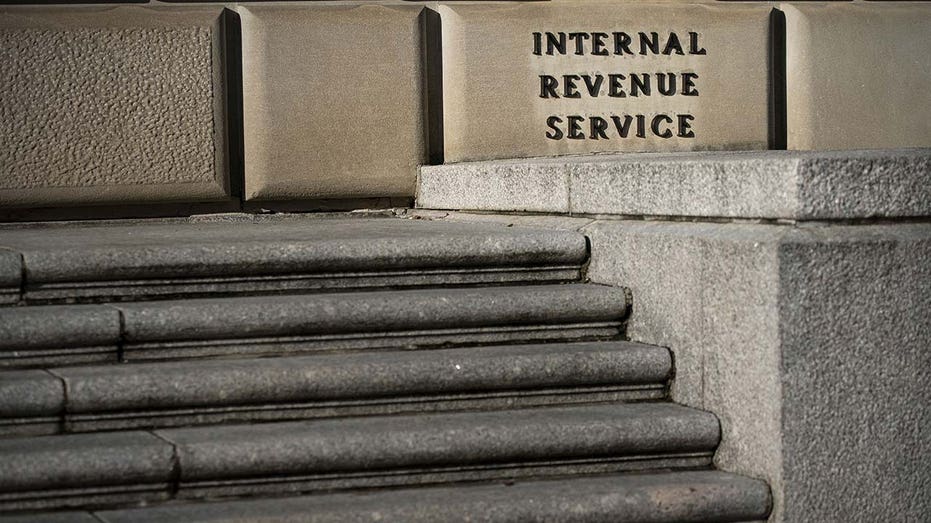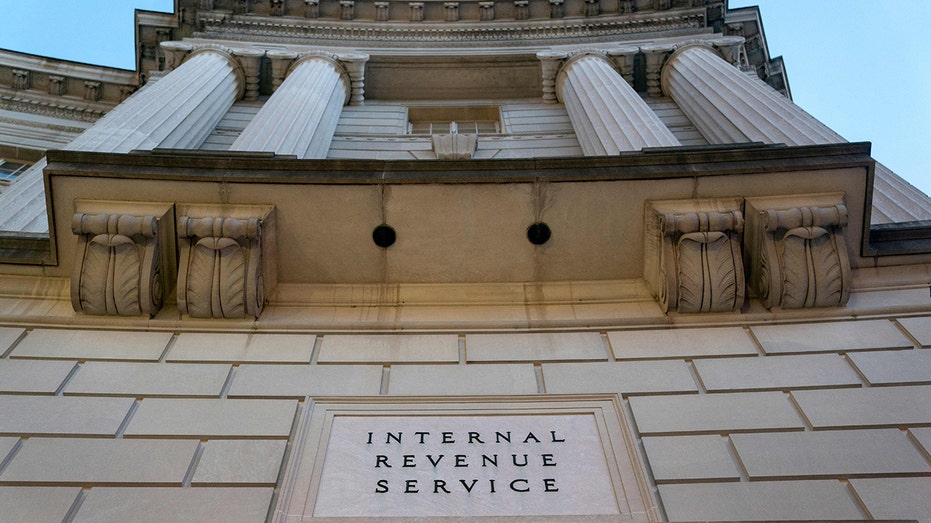New IRS tax brackets take effect in 2024, meaning your paycheck could be bigger next year
Tax brackets to shift higher by 5.4% in 2024
Higher federal income tax brackets and standard deductions will take effect at the beginning of January, potentially giving Americans a chance to increase their take-home pay in 2024 and shield more of their income from the IRS.
The IRS announced the higher limits for the federal income tax bracket and standard deductions in November. The increase is intended to avoid a phenomenon known as "bracket creep," which happens when taxpayers are pushed into higher-income brackets even though their purchasing power is essentially unchanged due to steeper prices for most goods.
The IRS makes such adjustments annually, but in times of high inflation, the increases are more significant and impactful for taxpayers. Although inflation has fallen considerably over the past year, it remains higher than both the pre-pandemic average and the Federal Reserve's 2% target.
This year, the tax brackets are shifting higher by about 5.4%.
The higher thresholds where tax rates take effect could mean savings for millions of Americans across all income brackets.
IRS PLANS TO TEST FREE TAX-FILING PILOT PROGRAM IN 13 STATES NEXT YEAR

The IRS makes adjustments annually, but in times of painfully high inflation, the increases are more significant and impactful for taxpayers. (Al Drago/Bloomberg via Getty Images / Getty Images)
Here are the changes unveiled by the IRS. The inflation-adjusted elements will apply to the 2024 tax year, meaning returns filed in 2025.
Standard deduction
The standard deduction, which reduces the amount of income you must pay taxes on, is claimed by a majority of taxpayers.
It will rise to $29,200, up from $27,700 in 2023, for married couples filing jointly, amounting to a 5.4% bump. For individuals, the new maximum will be $14,600 for 2024, up from $13,850, the IRS said.
Heads of households will see their standard deduction jump to $21,900 in 2024, up from $20,800.
YELLEN SAYS REPUBLICAN CUTS TO IRS FUNDING WOULD BE 'DAMAGING AND IRRESPONSIBLE'

View of the Internal Revenue Service building in Washington, D.C., on Jan. 24. (STEFANI REYNOLDS/AFP via Getty Images / Getty Images)
Tax brackets for single individuals:
The IRS is increasing the tax brackets by about 5.4% for both individual and married filers across the different income spectrums. The top tax rate remains 37% in 2024.
- 10%: Taxable income up to $11,600
- 12%: Taxable income over $11,600
- 22%: Taxable income over $47,150
- 24%: Taxable income over $100,525
- 32%: Taxable income over $191,950
- 35%: Taxable income over $243,725
- 37%: Taxable income over $609,350
Tax brackets for joint filers:
- 10%: Taxable income up to $23,200
- 12%: Taxable income over $23,200
- 22%: Taxable income over $94,300
- 24%: Taxable income over $201,050
- 32%: Taxable income over $383,900
- 35%: Taxable income over $487,450
- 37%: Taxable income over $731,200
Other tax provisions
GET FOX BUSINESS ON THE GO BY CLICKING HERE
The IRS also increased the thresholds for several other tax provisions, including the earned income tax credit amount, with families now eligible to receive $7,830 if they have three or more qualifying children. That is up from $7,430 for tax year 2023.
Employees can also contribute more to their health flexible spending accounts, with the maximum contribution rising by about $150 to $3,200.





















